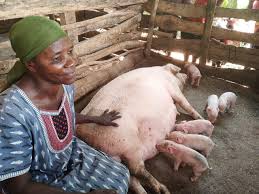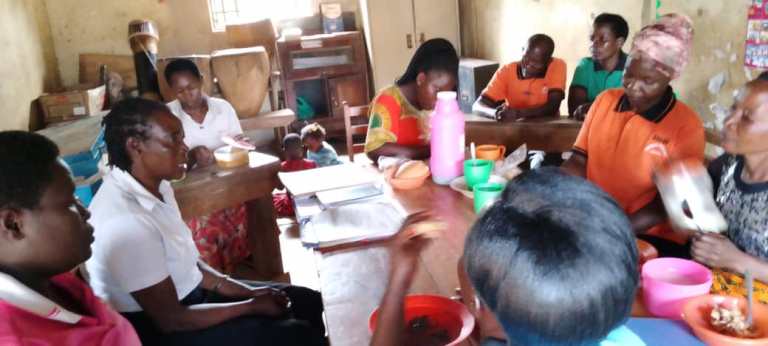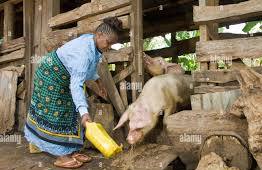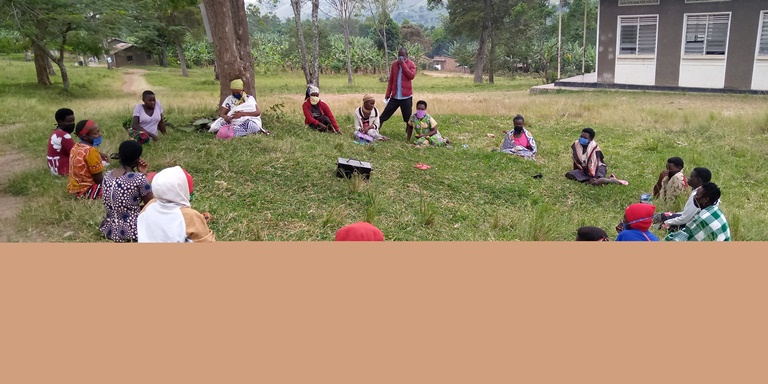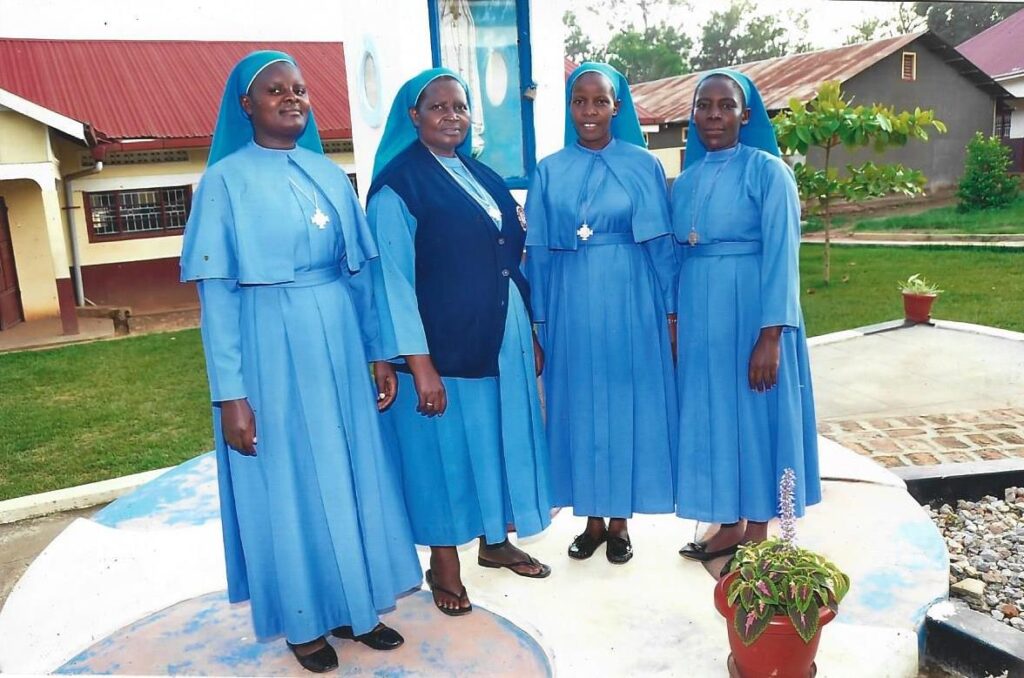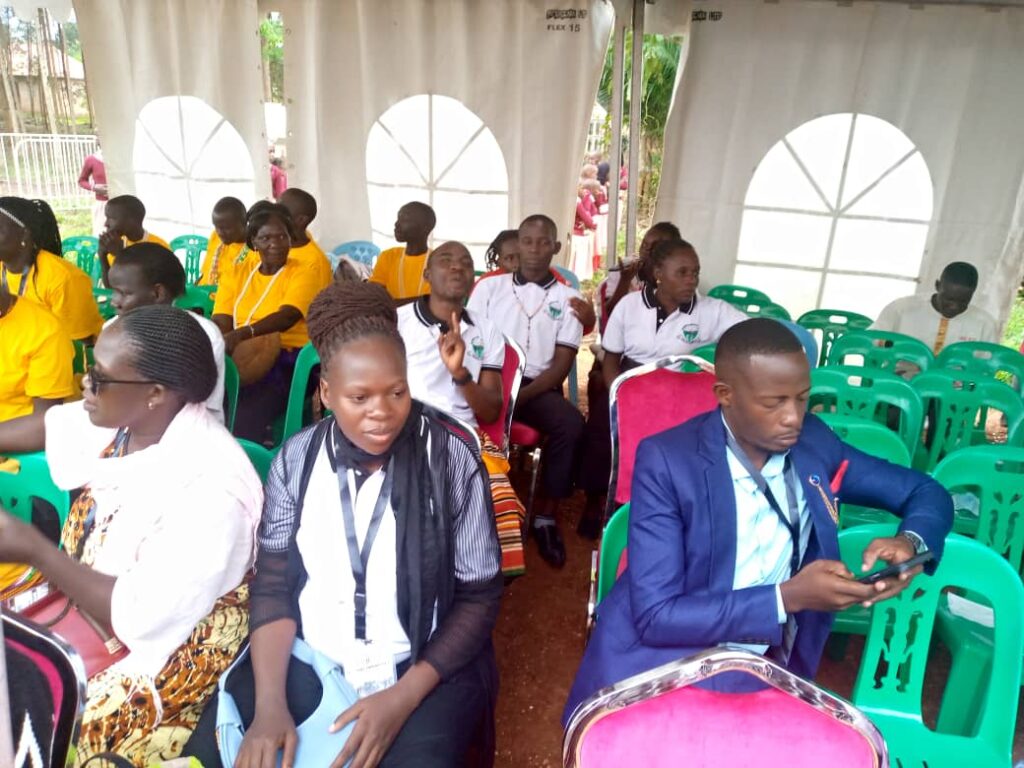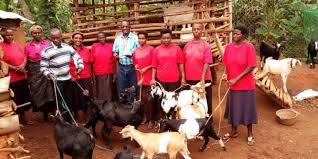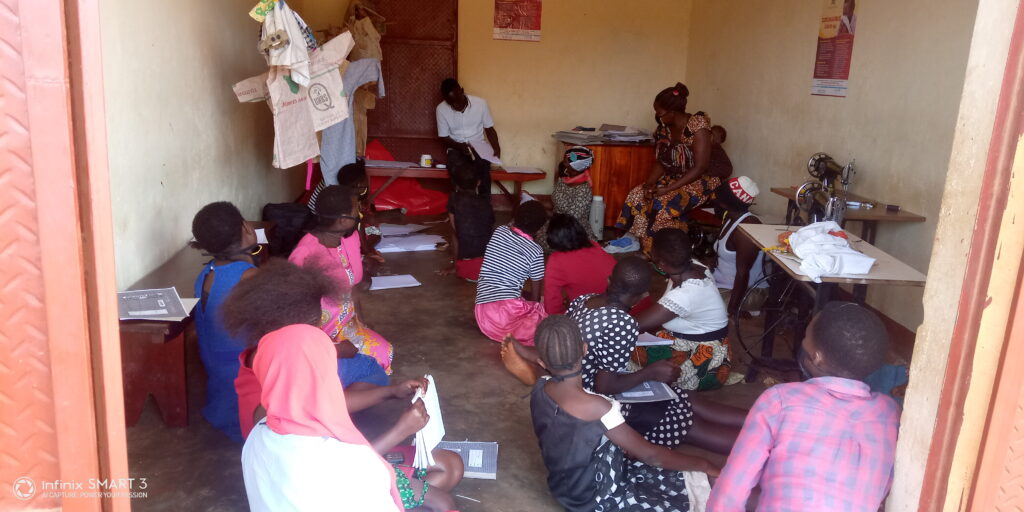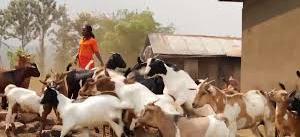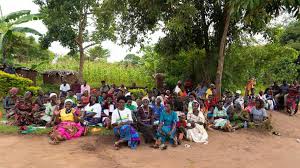Uganda
Education, Empowering Women, Human Trafficking, Job Training
$30,500 Goal
Summary of the Situation
According to USAID and the Ministry of Health of Uganda, 25% of school girls between 15-19 years got pregnant during the first phase of the COVID-19 lockdown (March 20, 2020 – March 2021) and the second lockdown (June 6, 2021 – February 2022). World Vision International also indicted that in central Uganda (Nyenga and Buyikwe districts) 28,000 school girls got pregnant within 7 months of 2021. In the Western region (Rukungiri), within seven months, 1,300 girls got pregnant, according to Monitor Newspaper, and others dropped out of school due to the pandemic. This is despite the Ugandan government’s policy of Universal Primary Education. Additionally, some of their parents and guardians were laid off from their jobs, and others died as a result of COVID-19.
We intend to improve the living standards of these young girls, along with vulnerable orphan children and girls with disabilities at risk of becoming pregnant, through the establishment of apprenticeships and skills training in three areas: sewing/tailoring, hairdressing, and elementary mechanics (motorcycle repair). Vocational skills with hands-on training on sewing machines, hair salon equipment, and tools for motorcycle repair will be given to the vulnerable and marginalized girls. A financial literacy course to teach them how to manage and save their earnings will be offered, helping them to recover economically from the pandemic. Ongoing psychosocial support will also be available, to complete their social-economic recovery and support their movement toward gender equality and empowerment.
How will the funds be used?
The funds will be used for the following activities:
• Selection of beneficiaries for five days.
• Transport for local and religious leaders to and from the meetings.
• Beneficiary and guardians participatory meetings.
• Hiring the five training venues for workshops and training.
• Household-based assessment of beneficiaries (HVAT)
• Counselors and trainers per diem.
• Hands-on by beneficiaries
• Purchasing training materials.
• Purchasing piglets and goats for income-generating projects.
• Video coverage and auditing for the program.
• Benchmark other people’s projects before their implementation.
• Break tea and lunch for 50 beneficiaries.
• Program monitoring and evaluation, coordinating, controlling, and supervision.
• Auditing and reporting to the donor.
• five single-mother village groups constructing houses and managing goats and pigs for their income generating, which will lead to saving culture later.
The Sisters’s Response
Based on the United Nations Sustainable Development Goals of 2030 and Uganda Vision of 2040, the congregation is requesting funds to support 50 rural vulnerable and marginalized girls with practical skills and financial literacy and also to purchase sewing machines and hairdressing equipment with the intent of creating jobs to these vulnerable girls and reducing the absolute and time poverty brought COVID19 pandemic.
Sister Nalugwa Clotilda and her congregation, the Bannabikira (Daughters of Mary) Sisters, will operate the program, using a vocational skills and apprenticeship education approach for people already out of formal education in fields like tailoring, elementary mechanics (motorcycle repairers), and salon dressers within their communities will be used to train them in six months. The apprenticeship will be used together with the Sisters’ project management to assess the students’ progress and the program’s success.
Systemic Impact
He who saves one’s life saves the world; empowering single mothers with financial education and financial literacy will lead to a pig and goat approach, thus achieving equity and inclusion. In Uganda, it was indicated that only 34% of rural women had a bank account in 2023, according to the World Bank. Proving access to financial knowledge and psychosocial support to vulnerable women and girls in rural areas can bridge the gender gap in Uganda, thus achieving the United Nations Sustainable Development Goals of 2030. The majority of rural women in Masaka diocese are in a deprivation trap, with low incomes, limited access to education, and limited economic opportunities, thus leading them to be powerlessness, vulnerable, physically weak, and isolated to the financial education and financial literacy knowledge and skills village saving culture, opening bank accounts, forming village saving groups and setting up developmental projects.

